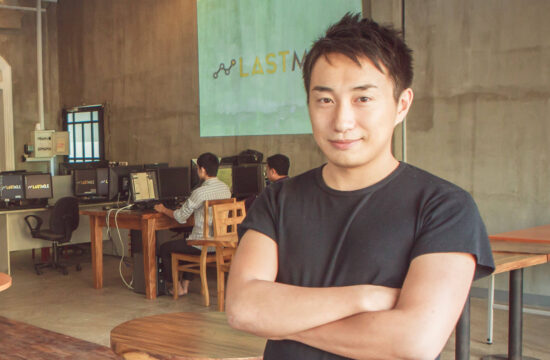Recently, I happened to get to know an American couple, and we were having a meal together. They were IT engineers who had been traveling a lot to work here and there throughout Asia, including Thailand and Japan. And they came to Cambodia for the same purpose.
I know this is an exaggeration, but the image of Japanese IT engineers in my mind are people who are always scared of bugs and get anxious about the deadlines all the time. However, those American engineers now in front of my eyes were showing no signs of that image at all. They were, rather, living in just the opposite way, and their appearance also showed attire that was unbelievable in Japanese society like a tattoo on a Mohinca. It was a culture shock to me.
Basically, the social status of engineers in Japan and America are different, and accordingly, their incomes may be different as well.
As I have been living in Cambodia like this, I sometimes heard about the salary gap due to the difference in types of occupations. In order to be able to get a well-paid job, Cambodian people are willing to devote themselves to attending various schools even after they graduated from university or they are already working. It is a kind of their investment for the future.
We should understand from the number of international schools which are standing close together that English is the least skill that you must have if you consider working in Cambodia. With a few exceptions, most areas in Japan rarely require other language skills, whereas in Cambodia, which is a cosmopolitan country, some business situations require not only English but also Japanese or Chinese language skill with the necessity of specialist knowledge in each field in addition to those skills.
Nevertheless, you should be aware that however much you study, when you start working in the real society, more and more skills become necessary. This is common not only in Cambodia but also in Japan. A brain full of knowledge but which is over theoretical will follow a similar pattern of reaching a certain limit as soon as starting work in a company.
In the past, a former president of a Japanese IT company elicited much criticism by his remark saying that it is foolish for a sushi craftsman to spend so many years on training. If I have to put it, I would say that I belong to people who have spent many years on training, and I am still in the middle of training. I never think that training is a foolish thing because it depends on what we are aiming at from where we are standing now.
For example, there is one sushi shop that you think is serving the most delicious sushi ever. If you wish to be able to make sushi that is as delicious as those made in that shop, isn’t getting training in that same shop regardless of how many years it may take the fastest route to reach your goal? However, if you just wish to serve sushi but you have never tasted sushi so far, when you actually can make it, you may not need to spend so many years on training.
I think that if you start counting backwards from the future image that you have been drawing for yourself, you will know what you should be doing here and now. In other words, the important thing is how clearly and specifically you can draw your future image.
You throw yourself into your study, and then you get a job in a good company, receiving a good salary. But is that really your goal? Affected by the company’s performance or your achievements, there’s no guarantee that you can continue working there forever.
The reason is that there are too many people who are making the same amount of effort, or even much more than you are, so you should realize the fact that you are definitely not a special case. Besides, as you have to keep connections with many people including your boss, subordinates, colleagues, business partners, customers, and so on, it is also possible that you will be influenced by your compatibility with those people.
Similarly, a professional athlete still continues with their training even after he/she becomes a professional, but there are times when his/her ability is either fostered or neglected, depending on teammates or supervisors.
Therefore, you should keep in mind that your real starting point is when you go into the society, and that the important thing is how you will grow from that starting point.
To all wise readers, this is like teaching your grandmother to suck eggs, and it’s not my place to give advice, but with all my hopes, I totally count on every youngster who is responsible for the future of Cambodia.











